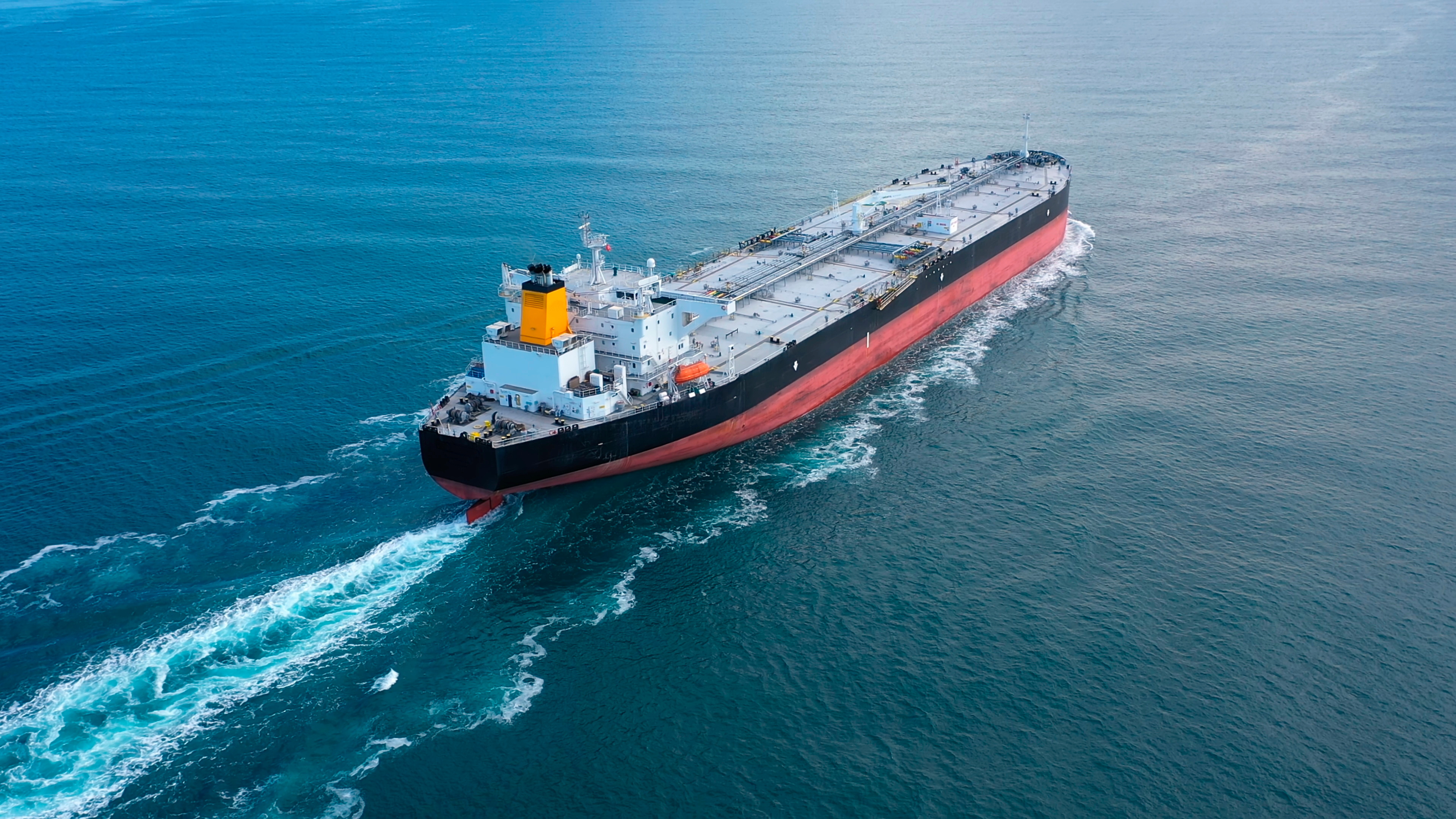As a civil law country, the general provisions of prescription are provided by the Civil and Commercial Code ("the Code") in its Book I, Title IV, Chapters I and II which came into force in 1923 and was subsequently amended in 1925 and 1992. In principle, the period of prescription begins to run from the moment when the claim can be enforced. If the claim is for forbearance, prescription begins to run from the moment when the right is first infringed (Section 193/12 of the Code).
In case there is no specific law (other than the Code) providing a specific period of prescription, the periods of prescription as fixed by the Code shall apply. Such periods under the Code vary with the nature of the claims. The period of prescription for which no other period is specifically provided by law or other Books of the Code is ten years (Section 193/30 of the Code).
A claim is barred by prescription if it has not been enforced within the period of time fixed by law and once it has been time barred, the debtor is entitled to refuse performance (Sections 193/9 and 193/10 of the Code). However, if a time barred claim is brought to the Court, the defendant has a duty to raise a defence on time bar issue otherwise the Court cannot dismiss the claim on the ground of prescription (Section 193/29 of the Code).
Time limit under the Code
Type of ActionLimitation Period
| Contract claim on ground of breach of contract | Under the Code, either party may take a legal action against the defaulting party for the breach of contract at the date of the breach of the contract. The Code does however impose prescription periods upon the variety of cause of actions. Usually it is 2 (two) year time bar for the claims by the merchants, commercial persons, employees, professionals. However, there would be 5 (five) year time bar for the claim as arise from arrears if interests etc. (Section 193) |
| Outstanding freight | 2 years from the due date (Section 193/4 (2)) |
| Personal injury, death (non-contractual claim) | 1 year from the injured person became aware of the wrongful act and liable person, or 10 years from the day when the wrongful act was committed (Section 448) |
| Loss of or damage to property (non-contractual claim) | Same as personal injury, death (non-contractual claim) |
Time limit under Thai maritime laws
Type of ActionLimitation period
| Collision liability: The Act on Civil Liability and Damages Arising from Collision of Vessels, B.E. 2548 (Section 21) |
|
| Salvage charges : The Act on Marine Salvage, B.E. 2550 (Section 31) | Claim for the payment: 2 years from the day on which the salvage operations are terminated. |
| General Average : The Act on General Average in Maritime Adventure, B.E. 2547 (Section 21) |
|
| Maritime lien : The Act on Ship Mortgage and Maritime Lien, B.E. 2537 (Section 28) |
|
| Loss of or damage to goods and delay in delivery under Thai COGSA (Section 46 and 48) |
|
| Loss of or damage to goods and delay in delivery under Multimodal Transport Act: The Act on Multimodal Transport, B.E. 2548 (Section 38) | 9 months from the day on which the multimodal transport operator delivered, or should have delivered the goods |
Under the local regulation, there is no specific time bar / limitation period for both missing person and wreck removal and that the time bar is dependent on the circumstances lead to the claim.
For the situation of missing person, under the local law, the interested person may apply the request with local court to declare "missing" for person who is missing from domicile or the vehicle where he / she transport with after 5 (five years). If the court will be satisfied to declare "missing", it would be deemed that the person is "dead".
For the event lead to wreck removal, under the local law and practice , the local authorities is entitled to demand the Owners of the "wreck" to remove same. If the Owner fail to do so, the authority may arrange to remove same and demand for reimbursement from Owner with interests at 20%.
However, under local regulation, the case which has no specific time bar, the general time bar which may apply is for 10 (Ten) years.




